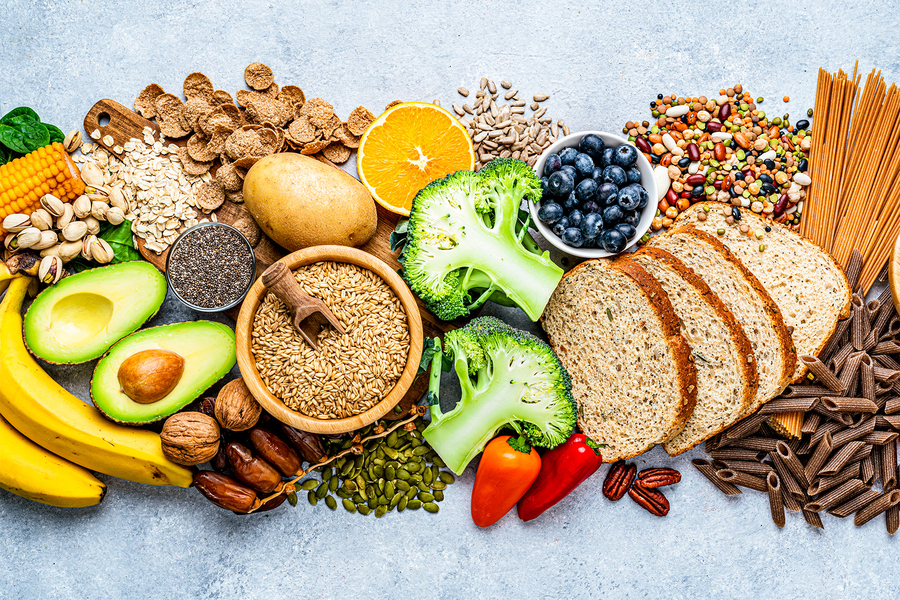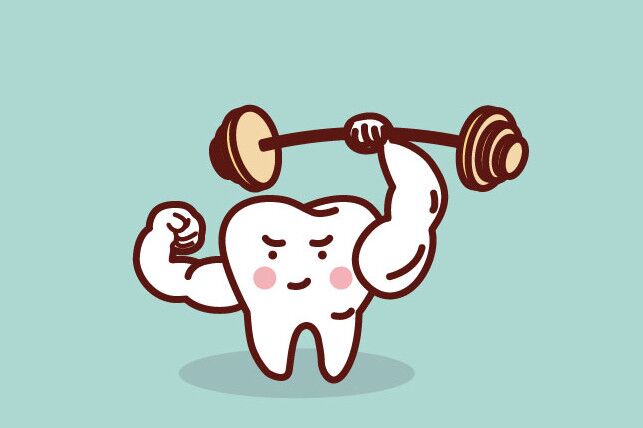What are the benefits of eating healthy?
Eating a nutritious diet can provide numerous advantages. It can improve overall health, increase energy levels, and help maintain a healthy weight. A balanced diet consisting of various fruits, vegetables, whole grains, and lean proteins can contribute to better physical and mental well-being.

Following a healthy diet has many benefits, including building strong bones, protecting the heart, preventing disease, and boosting mood.
A balanced and nutritious diet usually includes foods that are packed with essential nutrients from the main food categories, such as lean meats, whole wheat products, beneficial fats, and a variety of colorful fruits and vegetables.
This text outlines the advantages of following a healthy diet and the supporting research.

Heart health
Heart disease is the primary cause of mortality for adults in the US, and it is anticipated that approximately 45 million individuals will have cardiovascular disease by 2050. Hypertension, or high blood pressure, is a type of cardiovascular disease that can result in heart attacks, heart failure, and strokes.
A healthy diet can lower people's blood pressure and improve their heart health. The DASH diet, which stands for Dietary Approaches to Stop Hypertension, suggests eating lots of vegetables, fruits, and whole grains, selecting non-fat or low-fat dairy, fish, poultry, beans, and nuts, and limiting saturated and trans fats, as well as foods and drinks with added sugars. This diet also recommends consuming no more than 2,300 milligrams of sodium per day, with an ideal target of 1,500 milligrams.
High-fiber foods are essential for maintaining a healthy heart, as stated by the American Heart Association. Fiber can help improve blood cholesterol levels and lower the risks of heart disease, stroke, obesity, and type 2 diabetes. Additionally, reducing certain types of fats, such as trans fats, can also benefit heart health by lowering low-density lipoprotein (LDL) cholesterol, which can lead to the buildup of plaque in the arteries and increase the risk of heart attacks and strokes.

Reduced cancer risk
The American Institute for Cancer Research suggests a diet abundant in diverse fruits, veggies, whole grains, and beans to promote overall wellness and potentially lower the chance of getting cancer. Additionally, some individuals believe that the antioxidants present in these foods are crucial in preventing cancer.
The National Cancer Institute indicates that while lab and animal research suggest certain antioxidants may lower the risk of free radical damage linked to cancer, human studies have not conclusively proven this. As a result, doctors recommend consulting them before taking these dietary supplements.
Additionally, being overweight can increase the chances of getting cancer and lead to poorer health outcomes. Keeping a healthy weight may help reduce these risks.

Better mood
A growing body of research suggests a strong link between a person's diet and their emotional state. A recent study from 2020 found that a person's diet can influence various factors that may subsequently affect their mood, such as their blood sugar levels, immune system activity, and the composition of their gut bacteria.
The study discovered that some eating patterns, like the Mediterranean diet, may be associated with improved mental well-being. However, diets high in red meat, processed items, and excessive fats appear to have the opposite effect.
The researchers emphasized the need for additional investigation to understand the connections between food and mental health.
If someone believes they are experiencing symptoms of depression, consulting a doctor or mental health expert could be beneficial.

Improved gut health
The intestines naturally contain beneficial bacteria that are crucial for metabolism and digestion. A diet high in fiber may help reduce inflammation in the gut. Eating a variety of high-fiber foods like vegetables, fruits, beans, and whole grains can provide a mix of prebiotics and probiotics that allow good bacteria to flourish in the colon. Fermented foods such as yogurt, kimchi, sauerkraut, and miso are rich in probiotics. Prebiotics may help alleviate various digestive problems, including irritable bowel syndrome symptoms.
:max_bytes(150000):strip_icc()/171357703-56a792f23df78cf772974690.jpg)
Improved memory
Eating a nutritious diet may help preserve mental abilities and brain condition. However, more definitive studies are still needed.
A recent review found that certain vitamins, minerals, and antioxidants, such as B vitamins, iron, and polyphenols, are crucial for supporting cognitive wellbeing.
The Mediterranean, Nordic, DASH, and MIND diets, which include many of these beneficial components, have been linked to a reduced chance of cognitive impairment and dementia.

Weight loss
Keeping your weight in a healthy range can lower the chance of developing long-term health problems. People with higher weight or obesity may be more likely to get certain conditions, such as heart disease, type 2 diabetes, joint issues, stroke, high blood pressure, some mental health problems, and certain cancers. Many nutritious foods like vegetables, fruits, and beans have fewer calories than most processed items. You can find your recommended daily calorie needs using the Dietary Guidelines for Americans 2020-2025. Eating a balanced diet can help you stay within your daily calorie limit without needing to closely track your intake.

Diabetes management
A balanced diet can assist individuals with diabetes to effectively manage their blood sugar levels, maintain healthy blood pressure and cholesterol, prevent or delay diabetes-related complications, and reach a moderate weight. People with diabetes should restrict their consumption of foods containing added sugars and salt, and also consider avoiding fried foods high in saturated and trans fats.

Strong bones and teeth
Consuming a diet with sufficient calcium and magnesium is crucial for maintaining strong bones and teeth. Ensuring healthy bones can reduce the likelihood of age-related bone problems, such as osteoporosis.
Dairy products, kale, broccoli, and canned fish with bones are excellent sources of calcium. Additionally, many food companies add calcium to cereals, tofu, and plant-based milk.
Green leafy vegetables, nuts, seeds, and whole grains are abundant in magnesium.

Getting better sleep
Various factors, such as sleep apnea, can interrupt sleep habits. Sleep apnea happens when the airways are repeatedly blocked during sleep. Obesity and consuming alcohol are risk factors for this condition. Decreasing alcohol and caffeine consumption may help a person achieve better sleep, regardless of whether they have sleep apnea.
Link Source:
https://www.medicalnewstoday.com/articles/322268#better-mood
What's Your Reaction?












/https://tf-cmsv2-smithsonianmag-media.s3.amazonaws.com/filer_public/54/66/546650fa-26a4-40fd-8d6d-5a7a04540f81/rosetta2.png)
:max_bytes(150000):strip_icc():focal(999x0:1001x2)/robert-prevost-050825-1-39395418ab494da5a3a700c9478e66c8.jpg)















































format(webp))
format(webp))


























